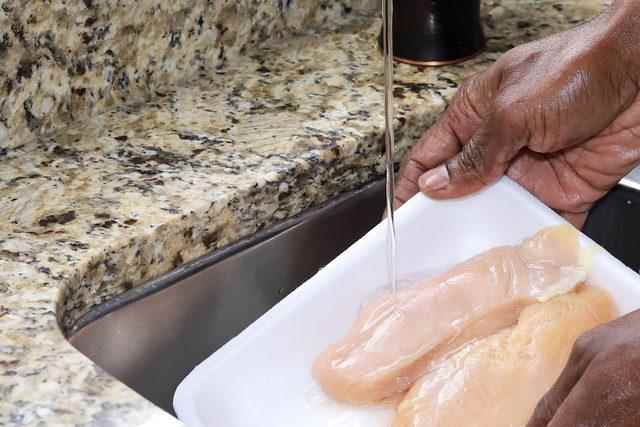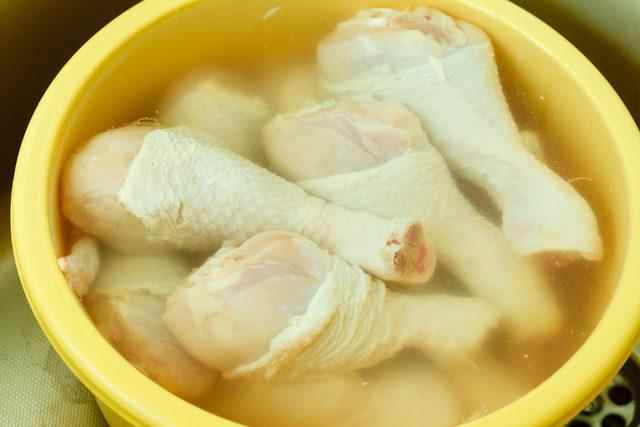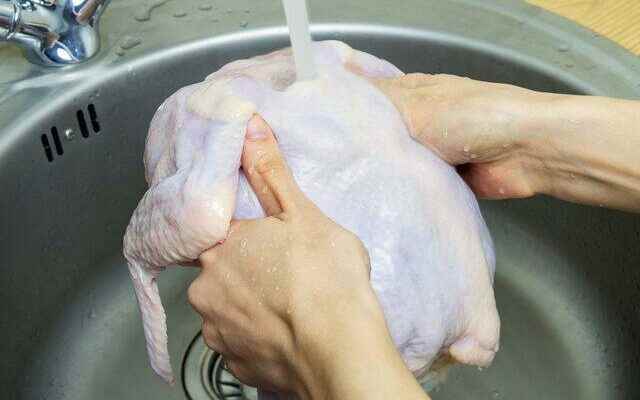Every product that enters the kitchen with hygiene concerns is washed. Vegetables and fruits need to be washed in plenty of water, even in carbonated water, to get rid of pesticides. However, the same is not true for meat. Especially when raw chicken is washed, it turns into a time bomb.
The UK Food Standards Authority (FSA) has warned that washing chicken before cooking increases the risk of bacteria called campylobacter on hands, countertops, utensils and clothing.
It’s common for bacteria to spread through splashes of water from chicken washed under the tap. However, many people continue to make the same mistake. According to the FSA, 44 percent of people in the UK wash chicken before cooking it.
YOU CAN EXPERIENCE FOOD POISONING
Campylobacter enteritis (inflammation of the small intestine) is one of the most common causes of food poisoning. It is also known as traveler’s diarrhea or traveler’s diarrhea, especially since it occurs during travel. The infection is usually caused by the consumption of raw poultry, vegetables or unpasteurized milk.
FOOD POISONING SYMPTOMS
This bacterium is transmitted through infected food and drink and can cause diarrhea, abdominal pain, fever, nausea and vomiting. In most cases, the illness only lasts for a few days, but there is a risk of long-term health problems.

Irritable bowel syndrome (IBS) and Guillain-Barré syndrome (GBS), which attacks the peripheral nervous system, can be caused by infection with this bacterium. GBS is a rare neurological disorder in which the body’s immune system attacks part of the nervous system outside of the brain and spinal cord. In rare cases, this bacterium can cause death. Children and the elderly are most at risk.

WHAT TO DO IN CASE OF POISONING?
According to the news in BBC Turkish, fluid and salt loss is very important due to diarrhea caused by infection with this bacterium. According to the recommendations on the website of the Ministry of Health, a diet with fat-free and fiber-free foods should be applied until the diarrhea is resolved, and the patient should be provided with plenty of fluids by mouth. Diarrhea drugs should not be used.
During the treatment process, drinking plenty of water, consuming small portions throughout the day, and a diet that will balance the decreased potassium and salt rate are recommended. However, since each case can be different, it is necessary to consult a doctor.
